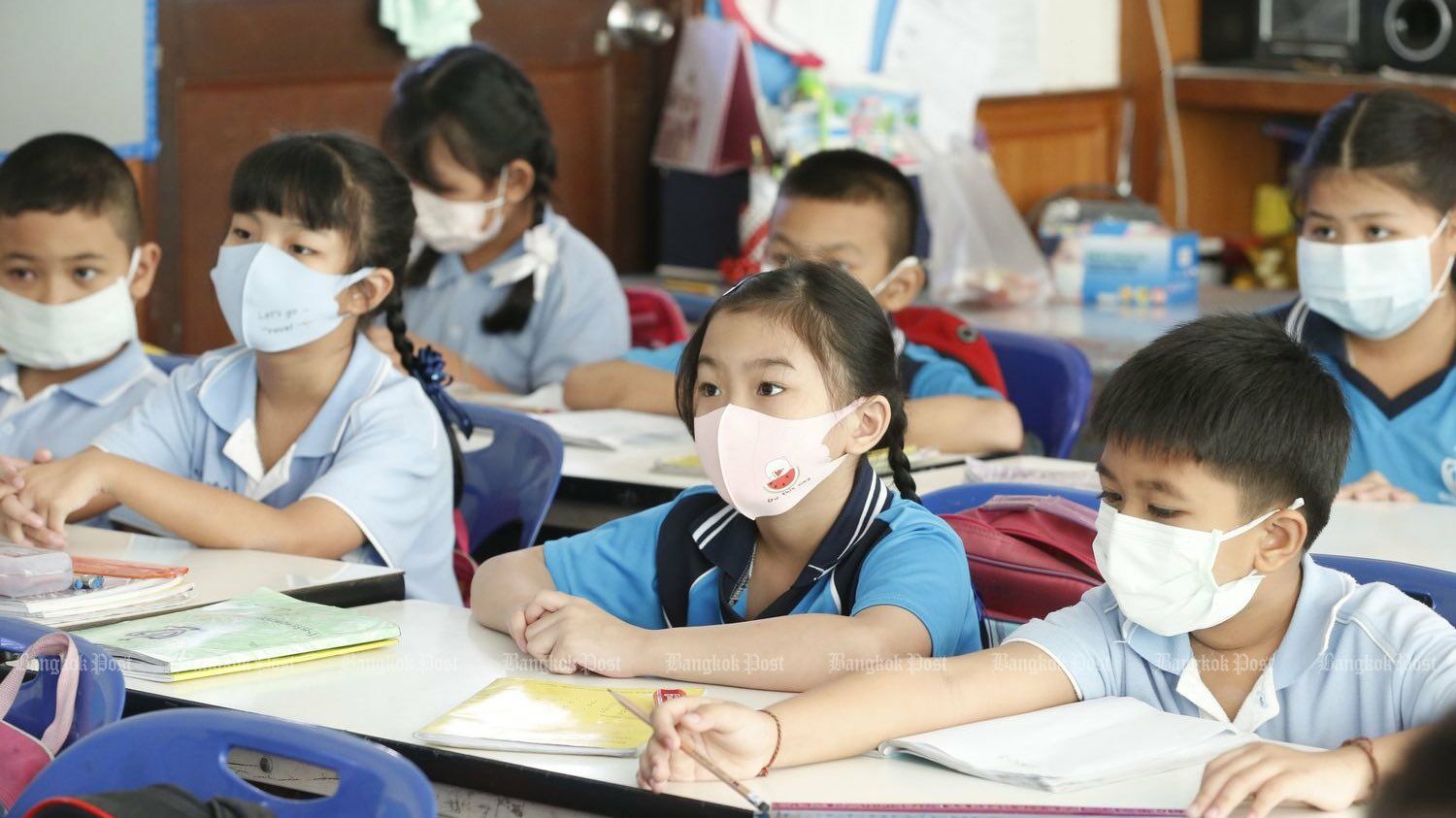Thailand’s Grade 5 textbook sparks outcry over alleged malnutrition endorsement

Critics have misinterpreted the content of a Thai-language textbook for Grade 5 pupils, following allegations that it appeared to condone malnutrition among young children, according to the Office of the Basic Education Commission (OBEC).
OBEC’s secretary-general, Amporn Pinasa, asserted that the criticised chapter, found in the Pasa Patee textbook used by fifth-graders, is actually a story about appreciating the value of life.
The story in question features an orphaned schoolgirl named Khaopoon who discovers that her classmate Yaibua is disappointed with her parents for not purchasing her a new mobile phone. Khaopoon decides to take Yaibua to her orphanage to display the lives of those less fortunate for a day.
At the orphanage, they learn that about 20 people share a simple meal, consisting of stir-fried water spinach and half a boiled egg to enjoy with a plate of rice and fish sauce. Although the meal is meagre, the children consume their food without complaint. In the end, Yaibua leaves the orphanage overwhelmed with gratitude, having learned how orphaned children can find happiness despite their difficult circumstances.
Amporn clarified that the chapter aims to teach children that happiness in life is dependent on having a content mind rather than the possession of material items. He further stated that those who solely focused on the minimal meals or the issue of inequality were not grasping the true meaning and purpose of this tale.
To defend the integrity of OBEC, Amporn emphasised that this story about the orphan’s meal is purely fictional and urged critics to evaluate the content as a whole rather than focusing solely on specific details.
He also mentioned that the Thai Education Ministry has policies in place to ensure the proper nourishment of all children, particularly at schools across the country.
Amporn informed the public that OBEC has carefully selected well-qualified experts from educational institutions that are highly regarded for their Thai language and literature departments to decide on the content of textbooks for pupils prior to their publication.
Latest Thailand News
Follow The Thaiger on Google News:


























